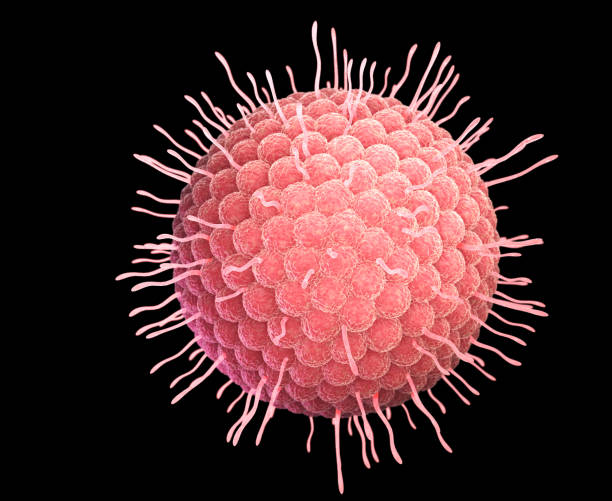 |
| Taken from Google |
Chickenpox, or Varicella is a highly contagious viral virus that mainly affects children. Adults who have never had the disease or had a vaccination against it, however, are also susceptible. We will look into the causes, signs, and numerous treatments for chickenpox in this extensive manual.
Causes of Chickenpox
 |
| Taken from Google |
Chickenpox is caused by the varicella-zoster virus (VZV), which belongs to the herpesvirus family. It spreads easily through respiratory droplets or direct contact with the fluid from the blisters of an infected person. The virus can also be transmitted through the air, making it highly contagious.
Symptoms of Chickenpox
 |
| Taken from Google |
- Rash: A red, itchy rash that begins on the face and chest and spreads to other regions of the body is one of the defining signs of chickenpox. The rash develops into blisters that are fluid-filled before becoming scabs.
- Fever: A low-grade fever is frequently experienced by those who have chicken pox.
- Malaise and weariness: Many patients have generalised illness, which includes symptoms like weariness, headaches, and a generalised malaise.
- Loss of Appetite: It's common to notice a decline in food interest, especially in young children.
- Headache and Muscle Aches: The development of chickenpox might be accompanied by these flu-like symptoms.
Treatment Options
 |
| Taken from Google |
- Rest and Hydration: For a speedy recovery, it's important to get plenty of rest and drink lots of water. The immunological response of the body is supported by this.
- Acetaminophen or ibuprofen are over-the-counter medications that can reduce fever and discomfort. However, to avoid Reye's syndrome, a rare but deadly illness, aspirin should be avoided in children with chickenpox.
- Calamine Lotion: Using colloidal oatmeal baths or calamine lotion can help reduce rash-related itching.
- Antiviral drugs: Might be administered, particularly for high-risk patients or those who have severe symptoms. These medications can lessen the illness's duration and intensity.
- Chickenpox is extremely contagious: Thus it's crucial to isolate the affected person to stop the disease from spreading. Following quarantine procedures is necessary until all blisters have crusted over.
Prevention Through Vaccination
 |
| Taken from Google |
Immunisation is the most reliable method of preventing chickenpox. The frequency of chickenpox and associated sequelae has been significantly decreased thanks to the varicella vaccine. Children and adults who have never received the vaccine or the chicken pox are advised to do so.
Conclusion
Understanding the reasons, identifying the symptoms, and being aware of the
potential treatments for chickenpox can all help make recovery from the illness
easier. The importance of immunisation in stopping the spread of this
infectious virus cannot be overstated. Seek medical help as soon as possible if
you think you or your kid may have chickenpox to ensure you get the proper care
and direction. Remember that most chickenpox cases may be treated effectively
to avoid problems.

0 Comments